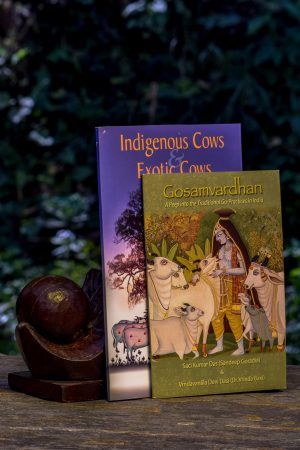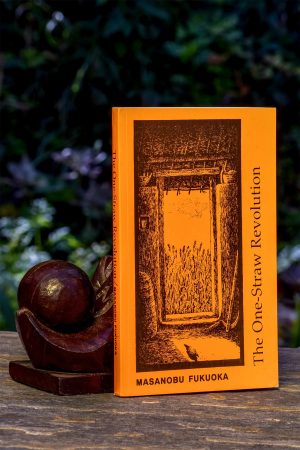Barahnaja – Traditional Biodiverse Crop System in Uttarakhand
by Vijay Jarhdari
144 pages – paperback
version in English by Biju Negi
SOBTI- Sudhagarh
Barahnaja Traditional Biodiverse Crop: Preserving Ancient Agricultural Wisdom
Barahnaja, a traditional biodiverse crop system, is an age-old agricultural practice that has been nurtured and handed down through generations in various regions of the world. Rooted in sustainable farming methods, Barahnaja encompasses the cultivation of twelve different crops, creating a diverse and resilient ecosystem. This intricate agricultural system, rich in biodiversity, holds the key to sustainable food production and preserving our planet’s ecological balance.
Understanding Barahnaja:
The term “Barahnaja” originates from Hindi, where “Barah” means twelve, and “Naja” refers to crops. In this remarkable agricultural practice, farmers cultivate twelve different crops in the same plot, carefully selecting a mix of cereals, legumes, oilseeds, and vegetables. The essence of Barahnaja lies in fostering intercropping, crop rotation, and companion planting, ensuring that the crops complement and support each other’s growth.
Promoting Biodiversity:
At the heart of Barahnaja lies the promotion of biodiversity. This practice not only enriches soil fertility but also reduces the risk of crop failure due to pests or diseases. The diverse range of crops helps maintain a balanced ecosystem by attracting beneficial insects and repelling harmful pests naturally. Additionally, the combination of legumes with cereals aids in nitrogen fixation, reducing the dependence on chemical fertilizers.
Preserving Indigenous Seeds:
Barahnaja is closely linked to the preservation of indigenous seeds and traditional knowledge. Farmers save and exchange seeds, ensuring that locally adapted and heirloom varieties continue to thrive. This seed-saving practice contributes to the conservation of genetic diversity, which is essential in the face of climate change and unpredictable environmental conditions.
Climate Resilience:
The resilience of the Barahnaja system is evident during adverse weather conditions. The varied crop combinations allow for better adaptation to climatic fluctuations, such as drought or excess rainfall. As a result, Barahnaja farmers are better equipped to cope with the uncertainties brought about by a changing climate.
Cultural Significance:
Barahnaja holds significant cultural importance, as many farming communities deeply connect to this practice. It embodies the ancestral wisdom that farmers have passed down through centuries of observation and experimentation. Farmers come together to share knowledge, seeds, and harvests, cultivating a strong sense of community.
Supporting Sustainable Agriculture:
In a world where modern agriculture has become increasingly homogenized and dependent on monoculture, Barahnaja stands as a shining example of sustainable agriculture. It embraces the principles of agroecology, promoting ecological harmony and respecting the natural cycles of the land.
Barahnaja is more than just a farming practice; it is a way of life that reveres the land, nurtures biodiversity, and sustains communities. As we face mounting challenges in feeding a growing global population while safeguarding the environment, the wisdom of Barahnaja calls us to reevaluate our approach to agriculture. By embracing traditional knowledge and practices, we can pave the way for a more sustainable and resilient future. Let us recognize the value of Barahnaja and support its revival, ensuring that the legacy of this traditional biodiverse crop system endures for generations to come.











